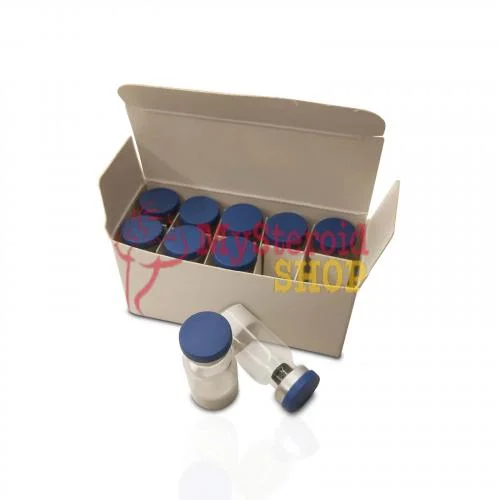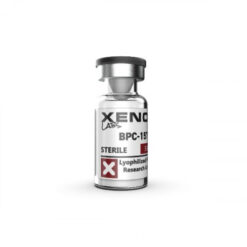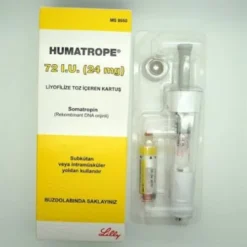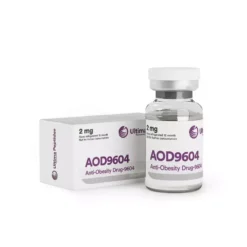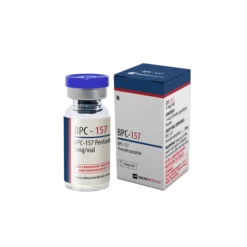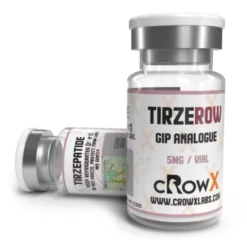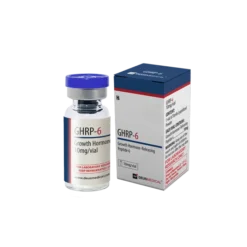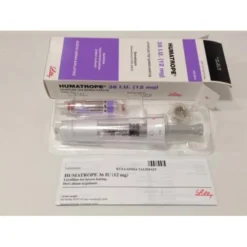-
×
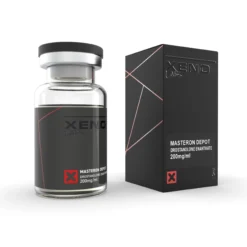 Masteron Depot Xeno US
$125
Masteron Depot Xeno US
$125
What Is BPC157 Peptides?
BPC-157 (137525-51-0) research still continues, because 1991’s results show that the peptide can repair the damaged teeth, bones, muscles, tendons, and even the intestines. These data are based on in vitro laboratory tests, as well as in vivo studies on both rodents and humans. Some of the human trials involve injecting the peptide subcutaneously and into the muscles intramuscularly.
Scientists recognize BPC-157 as a “stable stomach pentadecapeptide” because of its ability to bring balance to human gastric juice. It has been shown that ulcers are treated, heals the inflammatory bowel diseases, as well as improve the upper and lower GI channels with remarkable efficiency. The best part is that BPC-157 has no negative side effects!
BPC-157 is working great in all of the studies mentioned above. Thanks to its positive interaction with the Nitric Oxide (NO) system, BPC-157 helps healing wounds by creating blood vessels and protecting endothelial tissue.
It also promotes the gene expression while specifically targeting genes responsible for collagen formation, growth factor formation and cytokine formation. It can also improve intestinal anastomosis and short bowel syndrome. All of the above mentioned conditions are known to affect patients with intestinal inflammation, diarrhea, constipation and intestinal pain. These positive effects were observed even in conditions that reached advanced stages.
Advantages of BPC-157
- It Repairs the Brain
- Protects Against Drug-related Harm
- Brings Back the Serotogenic Transport System
- Protects Dopaminergic System
- Improves GABAergic System
- Reverses Opioid Tolerance
- Protects the heart
- Speeds Up Body Repair
- Helps Fight Allergies and Viruses
- Helps in the Treatment of Intestinal Diseases
- Helps in Healing Ocular Dysfunction
- Help Oral Cavity
- May Help Urinary Incontinence

